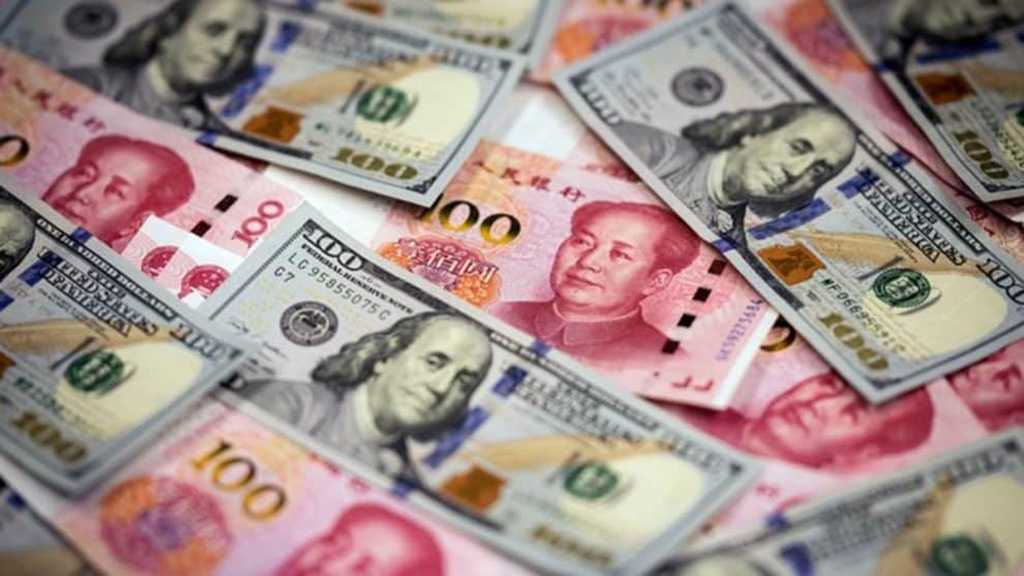Argentina to Pay for Chinese Imports in Yuan Instead of Dollars

By Staff, Agencies
The global trend of substituting the US dollar with local currencies in trade transactions is speeding up as more countries are ditching the greenback.
On Wednesday, Argentina said it will pay for Chinese imports in yuan instead of dollars to preserve its international reserves.
In a meeting in Buenos Aires with China's ambassador Zou Xiaoli, Economy Minister Sergio Massa said Argentina will be able to "program a volume of imports in yuan worth [the equivalent of] more than $1 billion from next month."
Massa said the South American country will program a volume of imports in yuan worth more than one billion dollars from next month, which will replace the use of dollars.
He added that the decision to pay in yuan "improves the perspective of Argentina's net reserves."
It also "allows us to maintain the level of activity, the volume of imports, the pace of trade between Argentina and China and the levels of economic functioning that Argentina needs" following a poor year for domestic agriculture, and thus exports, amid a persistent drought.
The days of US dollar hegemony appear to be numbered as multiple countries have adopted alternative currencies to the US dollar for international transactions.
The US dollar's position as the primary global reserve currency is being challenged. This is because several countries have started to ditch dependency on the dollar and strengthen bilateral relations.
This is a trend that is known as de-dollarization.
This week, Russian Foreign Minister Sergei Lavrov said the transition to non-dollar currencies is unstoppable as more countries seek alternatives to the greenback.
Earlier this month, Lavrov said the flight from the US dollar as the medium of exchange in mutual payments in favor of national currencies is an irreversible trend in global trade.
"We are starting to see a flight from the dollar. So far, it is not all that swift, but it is sure to accelerate. In fact, this trend is irreversible. The US has already, for real, sawed off the tree limb that it was perched on, managing global financial flows and the world economy as a whole by leveraging the dollar’s dominant role," the foreign minister said.
Over the past months, several countries have announced the shift away from the US dollar in their trade.
Some South American and ASEAN countries have announced plans to reduce reliance on the US dollar.
The BRICS group, including Brazil, Russia, India, China and South Africa, is also mulling the possibility of creating a common currency.
This week, India joined hands with Bangladesh to do cross-border trade in their own currencies, the Indian rupee [INR] and the Bangladeshi taka [BDT], making Bangladesh the nineteenth country to ditch the US dollar.
India has emerged as one of the international players to push up the trend of de-dollarization globally, and has over time accelerated its foreign trade with other countries in the rupee.
The US will suffer devastating hyperinflation and war starvation as the BRICS decides to dump the dollar, according to Robert Kiyosaki, author of Rich Dad Poor Dad.
Iran has also abandoned dollar trade with China and Russia. Saudi Arabia, a key OPEC member, said it will completely give up PetroDollar and will start accepting PetroYuan.
Comments
- Related News

Colombian President: Netanyahu is A War Criminal
2 months ago
Minister: Venezuela Stops CIA Plot Against Maduro
2 months ago
Venezuela: Maduro’s Rival Leaves for Spain
2 months ago
